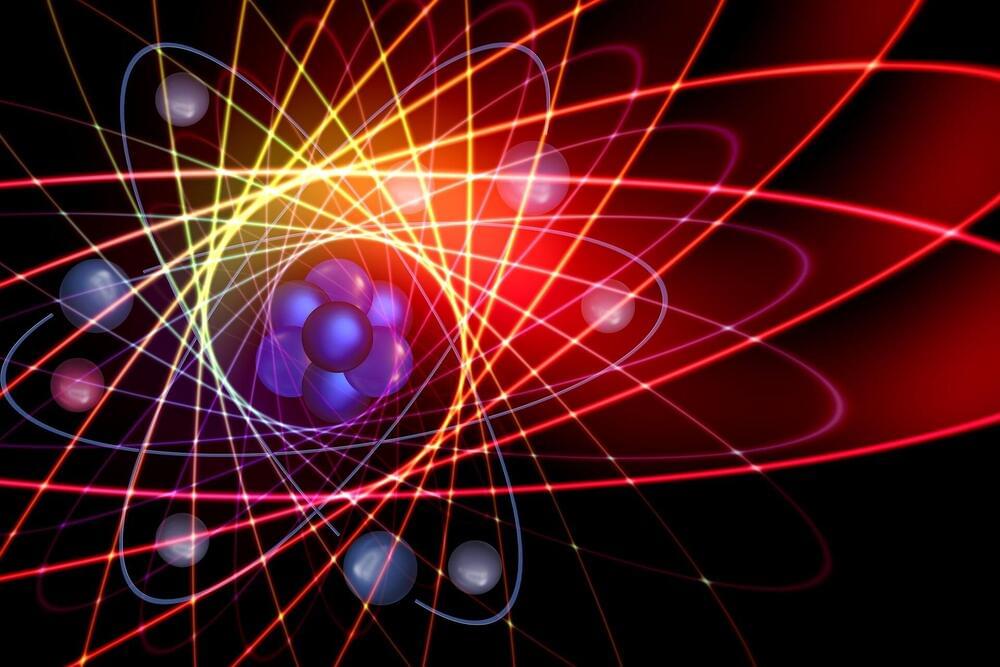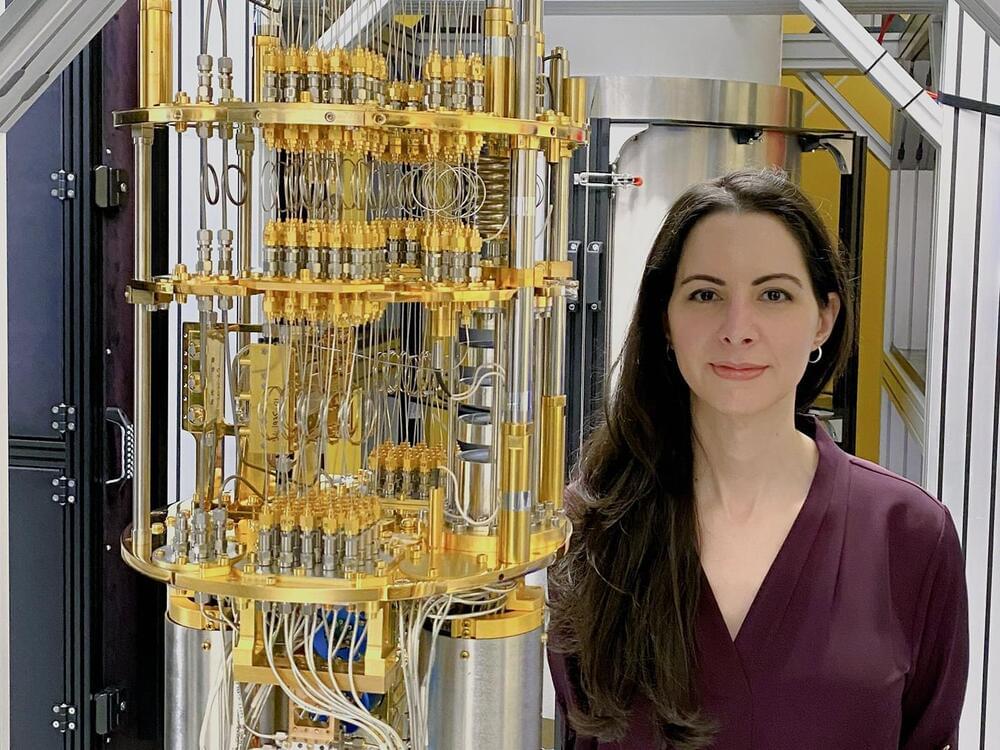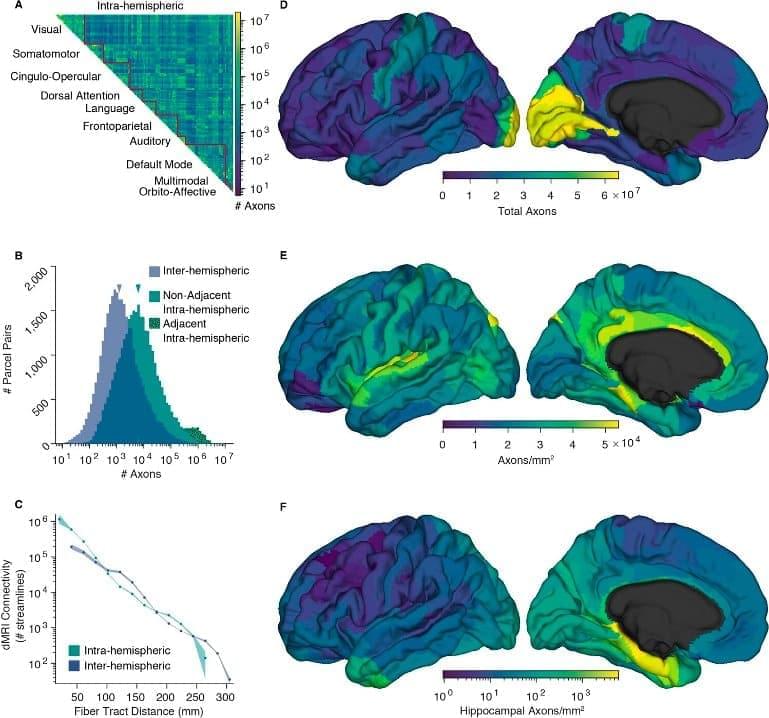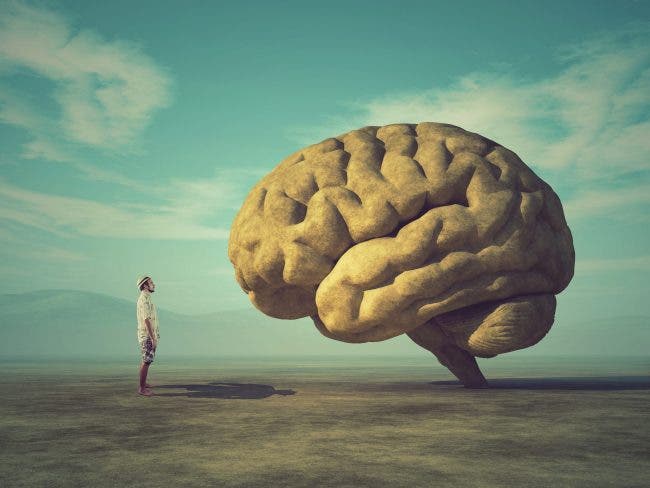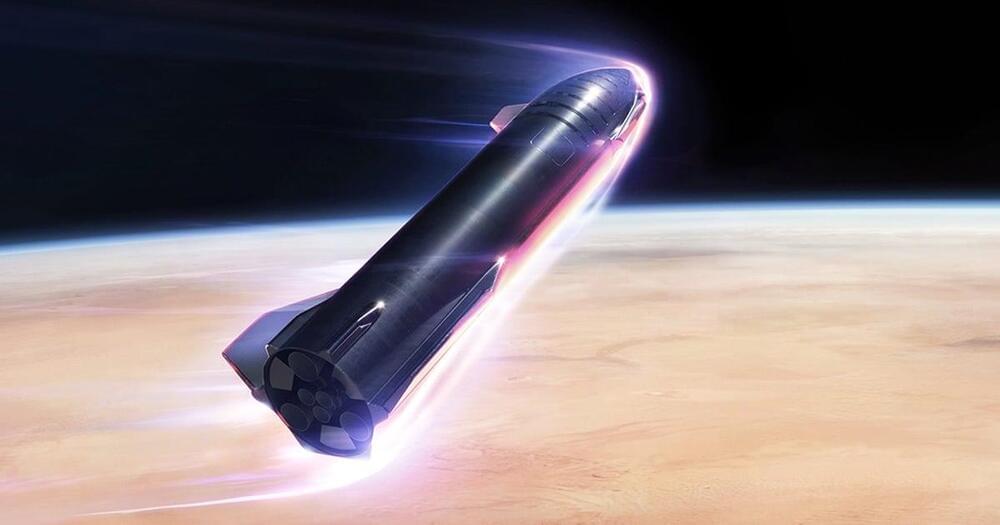To accurately diagnose and treat diseases, doctors and researchers need to see inside bodies. Medical imaging tools have come a long way since the humble X-ray, but most existing tools remain too coarse to quantify numbers or specific types of cells inside deep tissues of the body.
The senior product manager leading hardware and software product development at the Center for Quantum Computing wants to make fault-tolerant quantum computing a reality.
Summary: Study reveals axon density is lower than previously believed between distant regions of the brain.
Source: PLOS
Understanding how the brain functions, particularly how information is processed during different activities, is difficult without knowing how many axons are in the brain and how many connect different functional regions.
Tech institutions are trying to find ways to guarantee security as new processing systems becoming increasingly sophisticated.
“The human brain has 100 billion neurons, each neuron connected to 10 thousand other neurons. Sitting on your shoulders is the most complicated object in the known universe,” observes physicist Michio Kaku. The neocortex, observed Carl Sagan is where “matter is transformed into consciousness.” Located deep in the brain’s center, the subcortex, the most evolutionarily ancient part of our brain, processes everything from our basic senses to long-term memories.
“Most Perfectly Organized Part”
Noble Prize laureate Roger Penrose suggest that the human brain and its cerebral cortex, the folded gray matter that covers the first couple of millimeters of the outer brain like wrapping paper, is more complex than our Milky Way Galaxy. “If you look at the entire physical cosmos,” Penrose says, our brains are a tiny, tiny part of it. But they’re the most perfectly organized part.”
Pfizer has issued a nationwide recall of some blood pressure medications due to the presence of nitrosamine above the Acceptable Daily Intake (ADI) level.
Starbucks is aiming to capitalize on the rising demand for electric vehicle infrastructure by installing fast chargers at up to 15 coffeehouses this summer, along a 1,350-mile route from Colorado to Washington.
The project, a pilot program with Volvo Cars, aims to build one DC charging station on each 100-mile segment of the western route.
Why install chargers at Starbucks? The coffeehouse chain is betting that it can score business from electric vehicle owners while they wait for their cars to charge — a process that can take a while, depending on the battery and strength of the charger.
A teenager in the UK may be the leader of attacks on Microsoft, Samsung and Nvidia, Bloomberg reports.
ULA remains confident that its Vulcan Centaur rocket will make its first launch this year while Blue Origin is pushing back the first flight of New Glenn.
WASHINGTON — United Launch Alliance remains confident that its Vulcan Centaur rocket will make its first launch this year while Blue Origin is pushing back the first flight of its New Glenn vehicle.
During a panel at the Satellite 2022 conference March 22, Tory Bruno, chief executive of ULA, said that he expected the first launch of the Vulcan “later this year,” but did not offer a more specific schedule.
That schedule is driven by the completion of testing of the BE-4 engine that powers the first stage of Vulcan and delivery of the first flight units from Blue Origin. “The engine is in great shape,” Bruno said. “It is performing better than I anticipated.”
The biggest of the billionaire’s rockets could launch before school lets out in North America.
